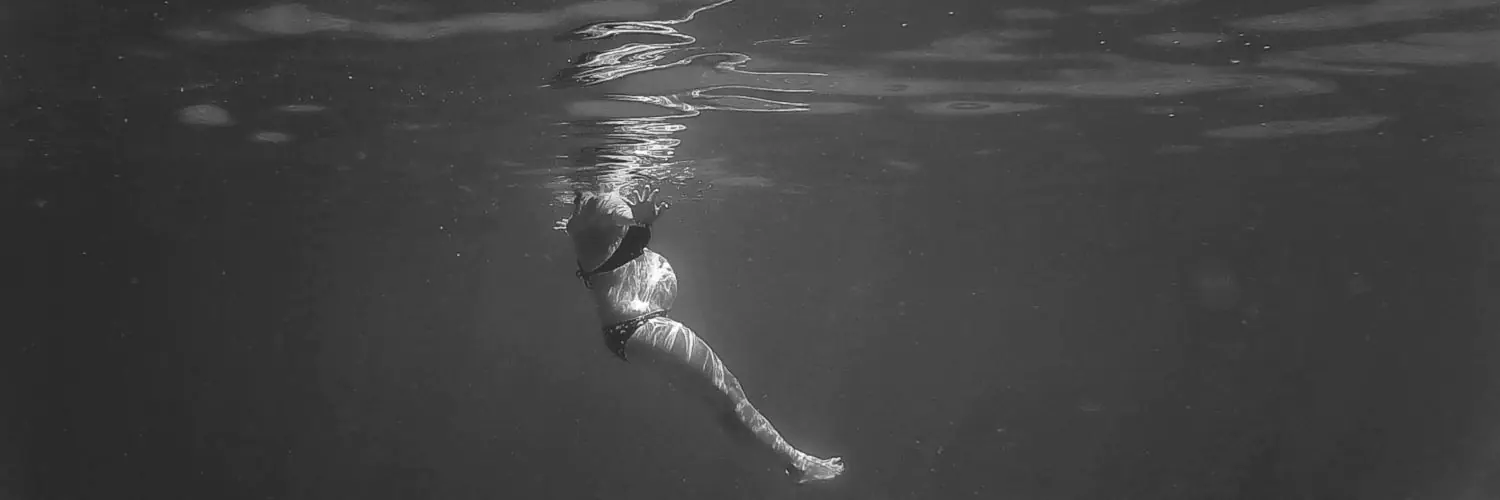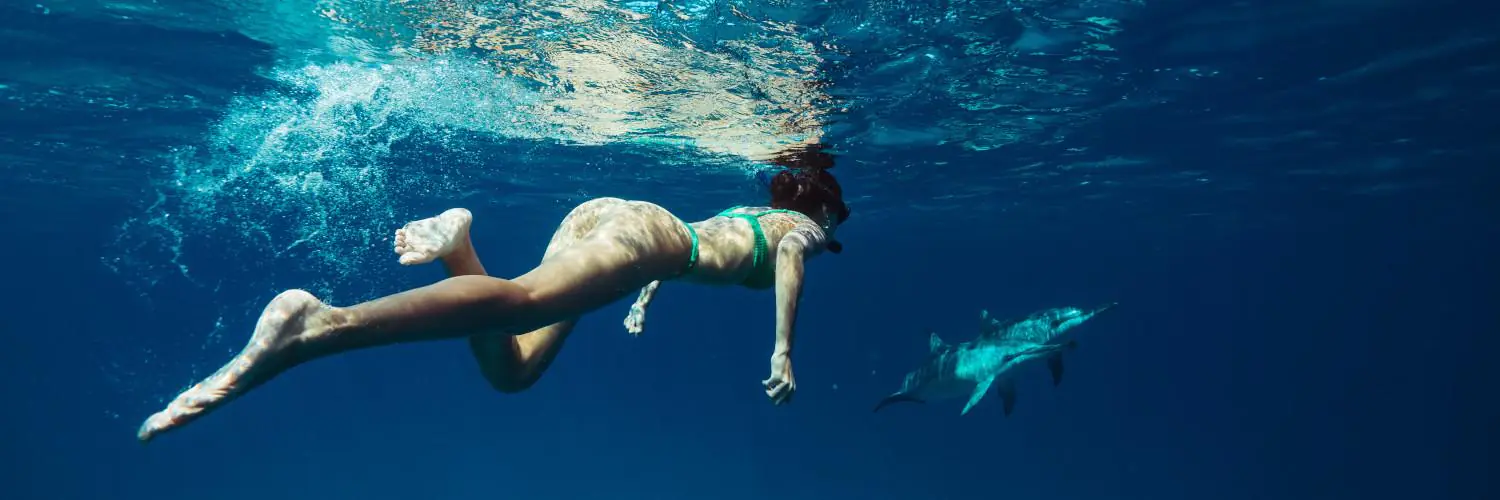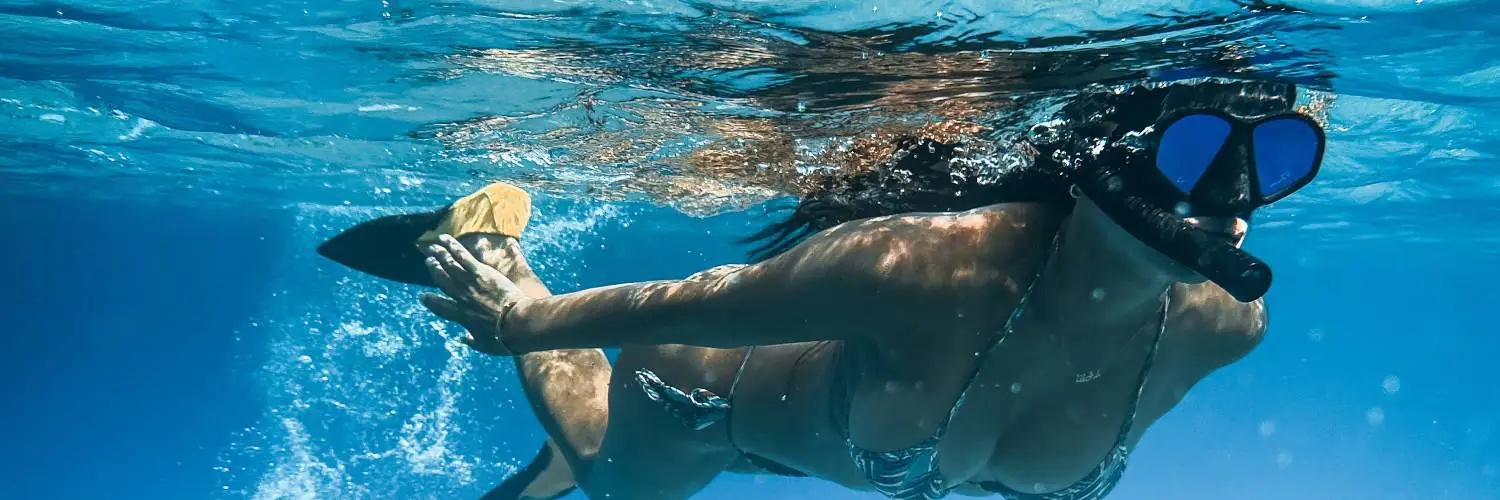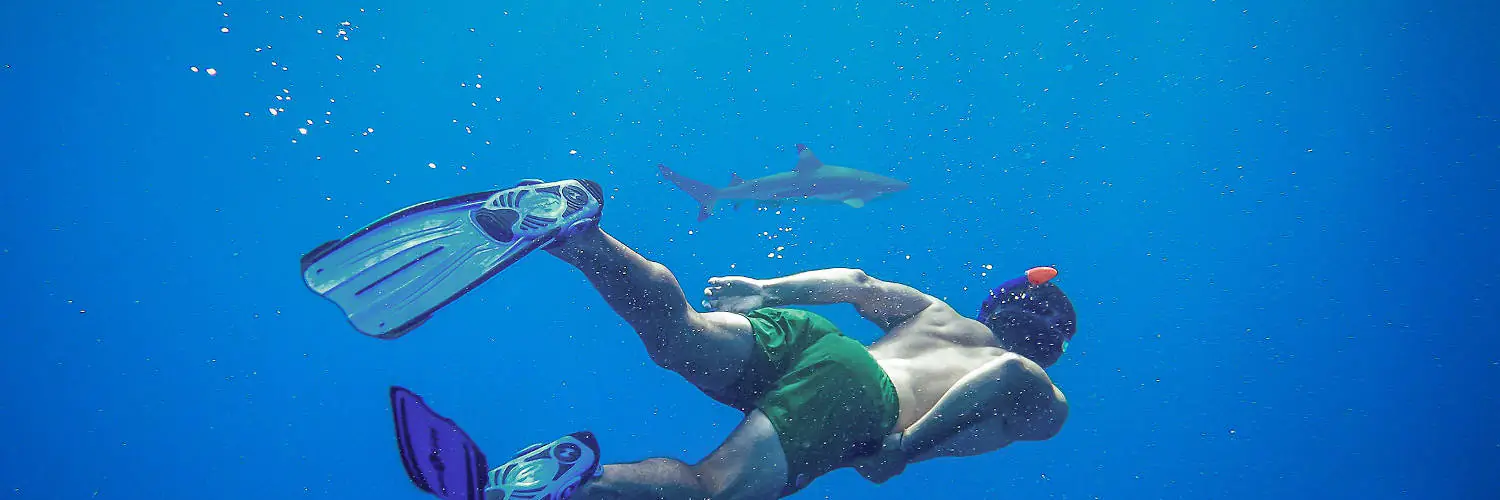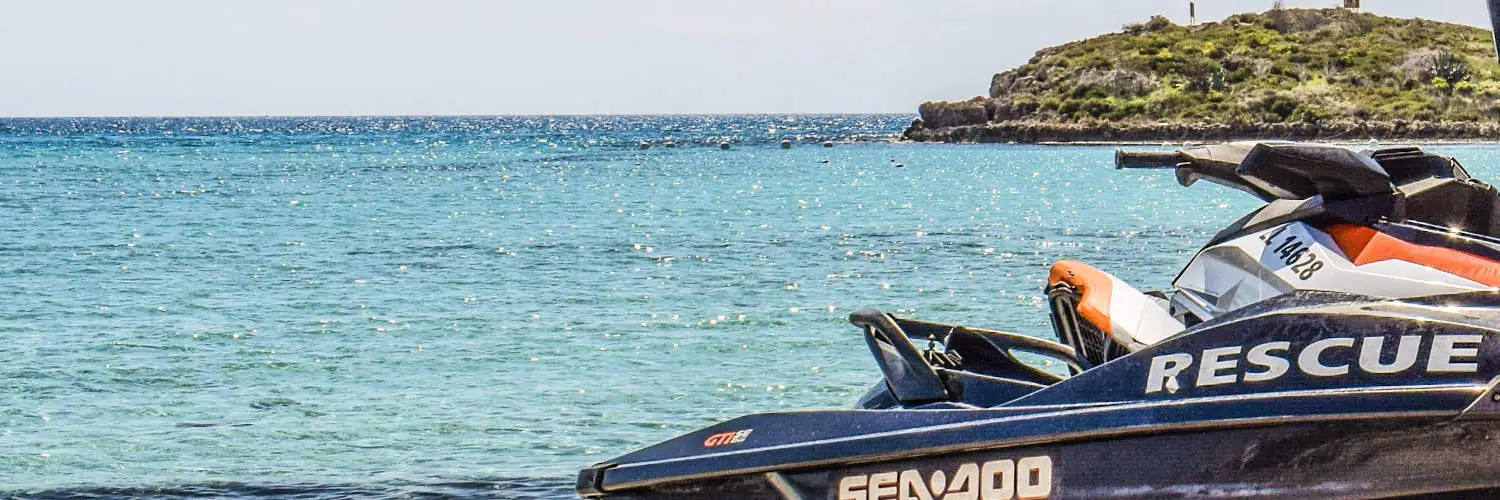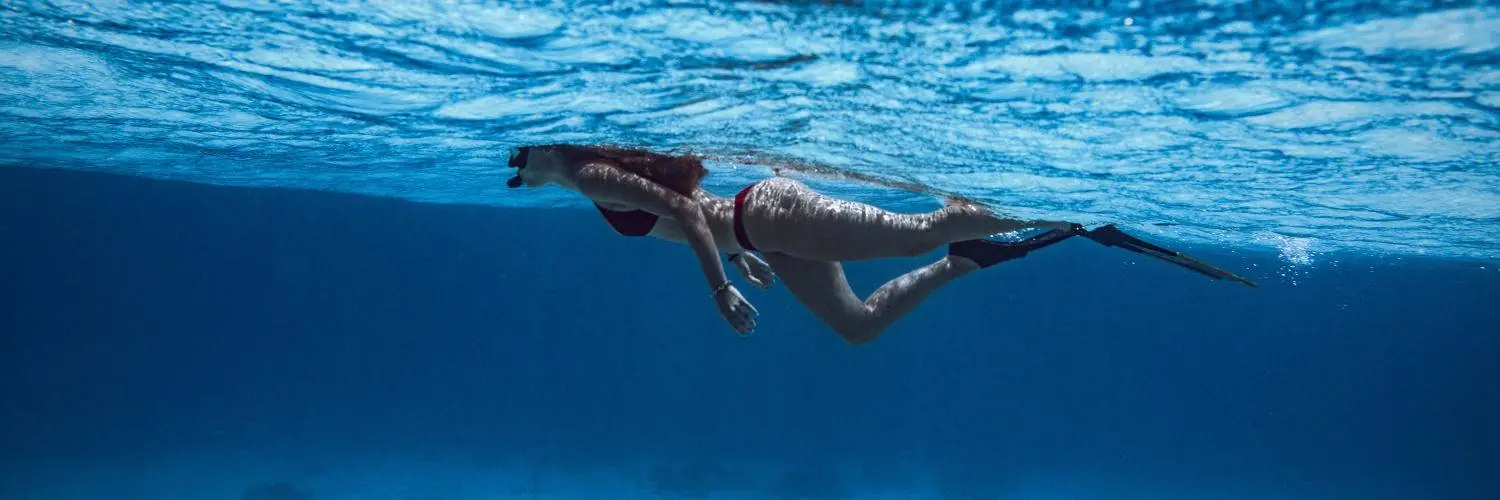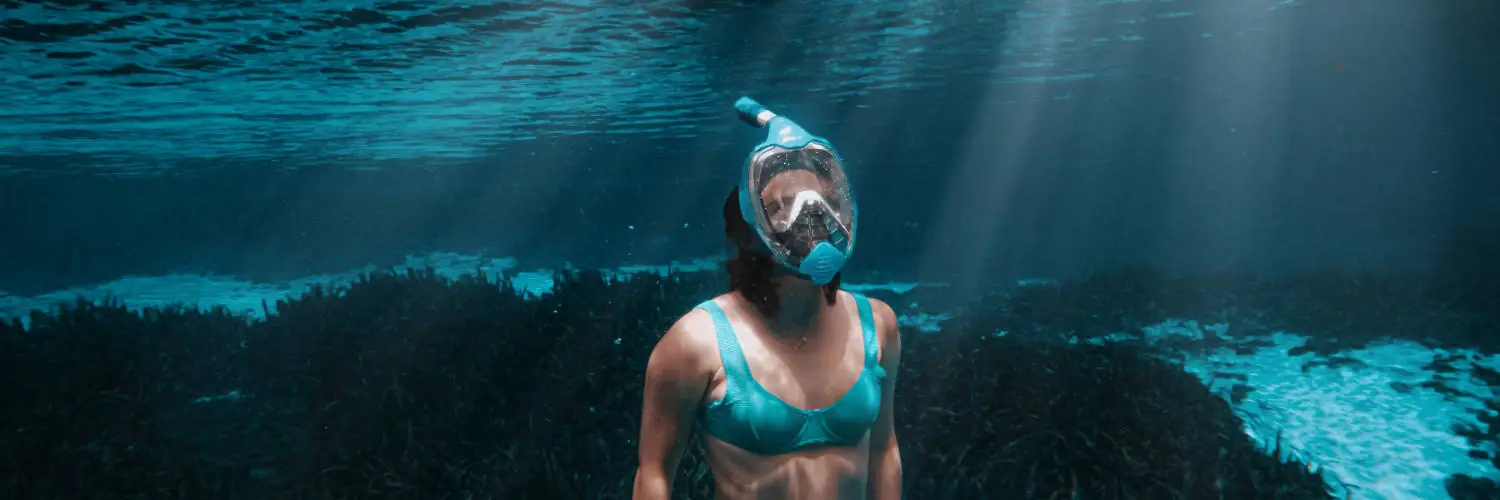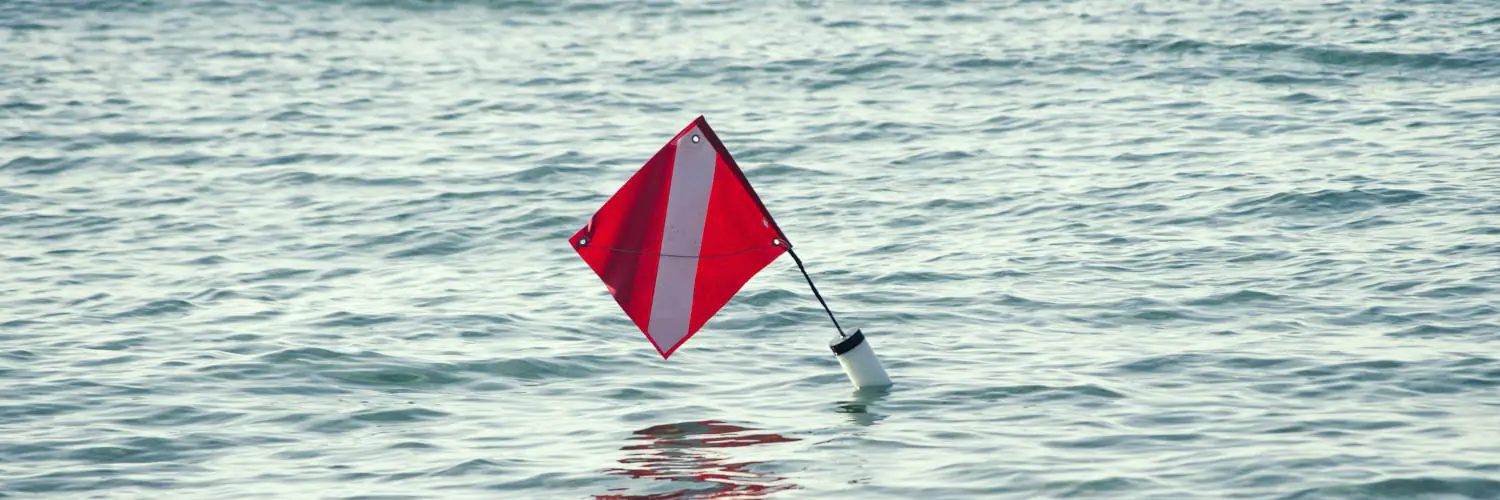Table of Contents
Safe Snorkeling Practices and Precautions for Expectant Mothers
Snorkeling is fun in the ocean. Even pregnant women can do it too. In fact, doctors often agree that snorkeling is safe for expectant mothers up to the mid-third trimester. But, it’s important to be careful and talk to a doctor before starting any underwater trip.
Pregnant snorkelers should pay close attention to their bodies and the environment while snorkeling. By remaing near the water surface, remaining hydrated, and monitoring fatigue levels can make the experience both safe and enjoyable. Snorkeling when pregnant, while adhering to these safety measures, can be a rewarding experience.
Benefits of Snorkeling During Pregnancy
Low-Impact Exercise
Snorkeling is an easy way to work out, good for moms-to-be. Pregnant ladies can exercise to stay fit and safe from injury.
Managing Body Temperature
A comfortable environment for exercise is provided by the water’s buoyancy helping to regulate a pregnant woman’s internal body temperature. This is important as maintaining an appropriate body temperature is crucial during pregnancy.
Improved Breathing
Snorkeling directly works with breathing technique and make your lung capacity better. This improves health over all and can also make it easier to go thru labor and delivery.
Relief from Back Pain
Snorkeling can be quite an enjoyable and beneficial activity for pregnant women because swimming relieves back pain and joint pressure.
Precautions for Pregnant Snorkelers
Pregnant snorkelers must prioritize safety throughout their snorkeling adventures. Before embarking on any water activities, consult with a doctor, especially if the individual has high blood pressure or is in the third trimester.
Some vital precautions include:
- Choose the right gear: Ensure a comfortable and well-fitting mask, snorkel, and fins for added safety.
- Stay close to the shoreline: Avoid deep or rough waters to minimize risks.
- Stay hydrated: Drink plenty of water before, during, and after snorkeling.
- Avoid overheating: Take breaks in the shade and limit time in the sun.
- Monitor breath: Refrain from holding one’s breath, to ensure proper oxygen supply.
Pregnant snorkelers can safely enjoy their time in the water by adhering to these guidelines and considering medical advice.
Potential Risks
Snorkeling during pregnancy has a few potential risks. One risk to consider is the possibility of slipping or falling on wet surfaces, as balance can be affected due to changes in a woman’s center of gravity during pregnancy.
Decompression illness, another risk, is also known as the bends. Although this illness is more commonly associated with scuba diving, snorkelers may also face this risk if they descend too deep. Decompression illness occurs when nitrogen bubbles form in the body tissues and cannot be safely dispersed during ascent.
Pregnant women should also be mindful of their fitness levels and avoid snorkeling if they are feeling tired or overly exerted. To ensure the safety of both mother and baby and to minimize the risk of injury, it’s essential to stay within one’s limits.
The Proper Gear and Environment
When snorkeling while pregnant, it’s very important to think about safety and feeling good. Wearing the right stuff is very important. Choose a snorkel mask that fits comfortably and ensures proper breathing. A well-fitted life vest can provide buoyancy, helping pregnant snorkelers feel secure and relaxed in the water.
Sun protection is vital; opt for reef-safe sunscreen to protect against harmful UV rays while preserving marine life. Strong currents and places with aggressive sea creatures should be avoided when selecting a snorkeling location. Calmer, shallow waters with plenty of vibrant marine life make for a better experience while ensuring a safe environment.
Specifics for Each Trimester
First Trimester
In the first trimester, snorkeling is considered safe for pregnant women. Morning sickness and fatigue are potential challenges you need to stay aware of. Pregnant snorkelers should avoid holding their breath for more than a few seconds and focus on low-impact swimming.
Second Trimester
During the second trimester, snorkeling can provide some benefits, such as relieving pressure on the body and serving as a form of light exercise. Pregnant snorkelers should continue avoiding breath-holding, stay hydrated, and seek shade when possible to avoid overheating.
Third Trimester
Pregnant women can safely snorkel until the mid-third trimester, although those carrying multiple babies may need to stop earlier. As in previous trimesters, it’s important not to hold one’s breath and to consult a doctor if any health issues or complications are present.

